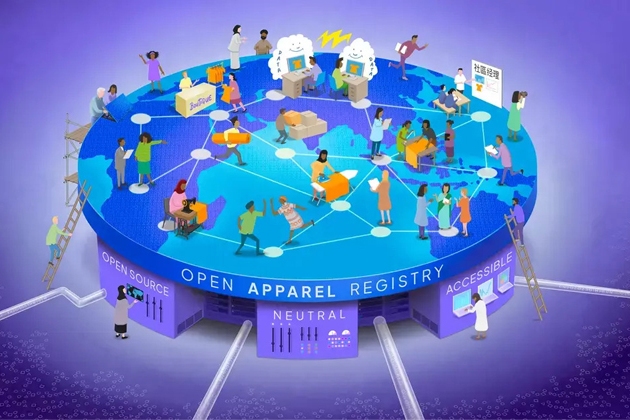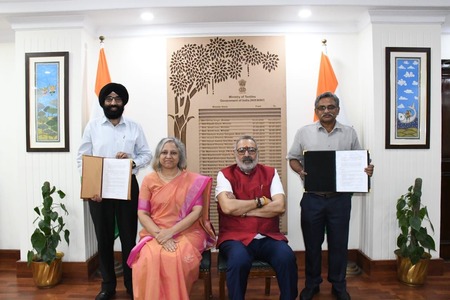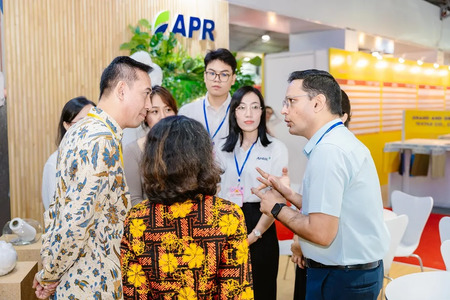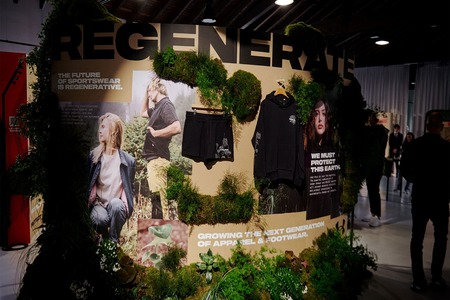
Open Apparel Registry promotes supply chain transparency
YarnsandFibers News Bureau 2022-03-24 09:30:17 – United KingdomThe Open Apparel Registry has launched a new development to expand standardized supply chain disclosure in the apparel industry, allowing firms to meet Transparency Pledge criteria via the platform.
The Open Apparel Registry (OAR) is a free, open data tool that maps garment facilities around the world and assigns each one a unique ID. Organizations from all across the world, including large global brands, civil society organizations, multi-stakeholder efforts, certification schemes, and factory groups, contribute and use data in the Open Apparel Registry.
Its most recent move, which it claims is it's most significant since launch, means that all users can now contribute to and search for a new collection of facility data points in the tool. These data points are: Number of workers, Parent company, Type of facility, Type of product, and Type of processing.
Through the Open Apparel Registry, brands may meet the Transparency Pledge and the Fair Labor Association's disclosure obligations while also guaranteeing that these disclosures are open and standardized, allowing for more efficient and effective collaboration.
As a result, the improvement, which builds on the platform's existing search capabilities, allows users to tailor data searches to their specific demands or areas of interest, such as searching solely for dye houses or facilities with a large number of employees.
OAR executive director Natalie Grillon, said that the goal of the OAR is to open up supply chain data for everyone's benefit. The OAR's technique is unique in that it transforms unstructured data into structured datasets that are publicly available to all stakeholders under an open data license. By announcing this initiative, they hope to foster even more consensus within the garment industry around critical data points, resulting in the greater data standardization that the industry so sorely needs.
The companies donating part or all of the additional data points for the launch are C&A, Columbia Sportswear Company, Ralph Lauren Corporation, ZDHC Foundation, and Ted Baker Plc.
Frank Michel, executive director of the ZDHC Foundation, said that at ZDHC, they're working along with their community to eradicate hazardous chemicals from garment and footwear supply chains, thus visibility into facility and processing types is vital to the work that we undertake. The ability to programmatically interchange this data with the OAR via their API link delivers huge productivity benefits to both organizations and, by sharing the data freely, allows users from all sectors to collaborate on environmental changes that benefit everyone.
Market Intelligence
Ask for free sample Report

experience
Customer Base
dedicated team
Countries Served Worldwide









